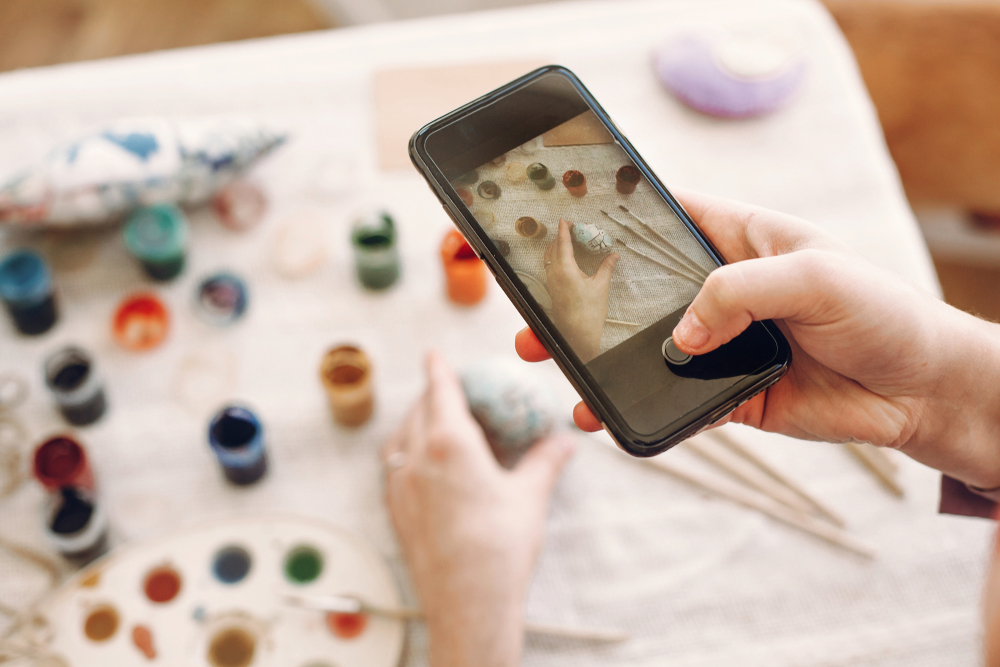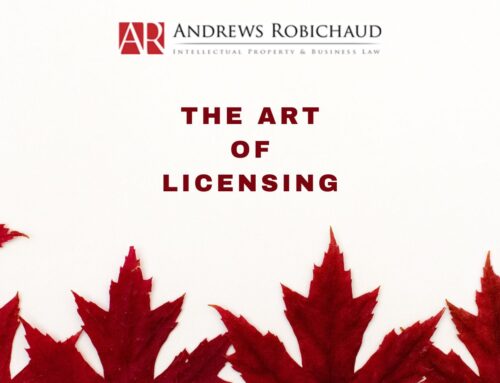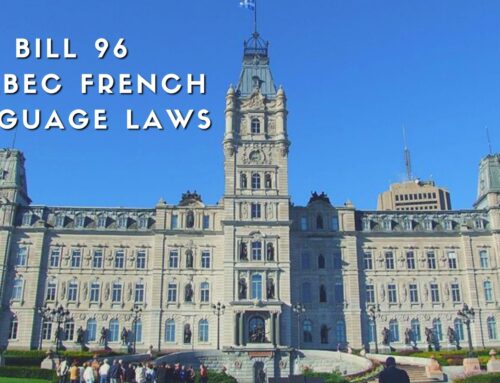Instagram is one of the world’s most popular social networking apps, with over 800 million monthly users, 2 million advertisers and 65,900 photos and videos being uploaded to the app every minute. Many business owners are now including Instagram as part of an effective marketing strategy. If you are a business owner and use Instagram to promote your products or services, it is essential to understand copyright implications of using the platform in order to avoid exposure to liability by inadvertently infringing someone else’s copyright.
Copyright automatically applies to an authored work. In general, the author or creator of a work will own the rights to it (note that these rights may be subject to a contract, for example in the context of employment).
If I take a photo of my cappuccino, I automatically have copyright protection on it, as the author of the image. If I decide to share my cappuccino picture with my followers on Instagram, my rights to the image will be impacted because, when I first completed Instagram’s sign up process, I would have had to agree to Instagram’s Terms of Use, which include the Community Guidelines, the Privacy Policy and the Platform Policy (I’ll refer to this as the “Terms” from now on).
The Terms dictate that, as an Instagram User (“User”), I must own the content that I post. The Terms also say that when I post my picture, Instagram will not claim ownership of the image (I remain the owner and author), but I will be granting to Instagram a license to use the image. The license I grant to Instagram will be, among other things, “non-exclusive”, “fully paid”, “royalty-free”, “transferable”, “sublicensable” and “worldwide”.
After I post my cappuccino picture, I will still be the owner of the picture, but I will have licensed an array of rights to Instagram. Instagram will be able to use my image for various purposes and without compensating me. In addition, Instagram will have the right to transfer or sub-license my picture to a third party.
But posting an image is only half the battle. Let’s talk about reposting or “regramming” other Users’ images.
Reposting is extremely common on Instagram to the point where it’s practically ingrained in Instagram culture. Both individuals and businesses commonly repost images. Businesses typically repost customer photos that feature their product or are related to their service, but some companies repost User images that have little to do with their actual business. Many businesses fully rely on images from accounts of other Users, whether or not they are customers of their business.
Let’s say I follow a travel blogger on Instagram and I want to repost an image from that blogger’s account. Prior to posting any image on Instagram, I need to either own the image or otherwise have the rights to grant Instagram the license required by the Terms. In other words, because I am not the owner, I can only repost the blogger’s travel image if that blogger grants me “a non-exclusive, fully paid and royalty-free, transferable, sub-licensable, worldwide license”. Once I obtain that license from the travel blogger, I can then repost the image and simultaneously license to Instagram the right to use the image.
To obtain a license to use an Instagram image, I would generally need to get in touch with the owner of the image and ask for permission.
Does this mean that every time I repost someone’s Instagram content without their consent, I am potentially violating the owner’s copyright and Instagram’s terms of use? Yes, that is exactly what it means. Reposting a photograph or image without permission is copyright infringement.
If you want to repost an Instagram User’s image, you should consider contacting the rightful image owner and request permission to do so.
Where another User asks you for permission to repost one of your images, keep in mind that if you provide consent, you are granting that User the same rights that you agreed to license to Instagram when you signed up for your Instagram account. In other words, you will need to grant that User “a non-exclusive, fully paid and royalty-free, transferable, sub-licensable, worldwide license to use” your image. Granting this license will give that User broad rights to your image, and may include the right to use it on another platform or an unrelated website, as well as the right to commercialize it.
If you believe a User is violating your copyright (by reposting your image without permission or otherwise), Instagram suggests you contact the User to request removal of the image from Instagram. You also have the option of reporting Intellectual Property infringement by contacting Instagram (here).
In short, if you are a business owner and you would like to repost customer photos, consider obtaining proper consent so that you avoid any issues or potential liability in the future; if you intend to repost the image on another platform or website, it may be a good idea to include this in your request for consent. You may also want to be mindful of which hashtags you use, as certain brands have a practice of reposting customer photos that use their hashtag. Fore more information on Instagram’s terms, guidelines and policies, you can visit Instagram’s Help Center at help.instagram.com.







Leave A Comment